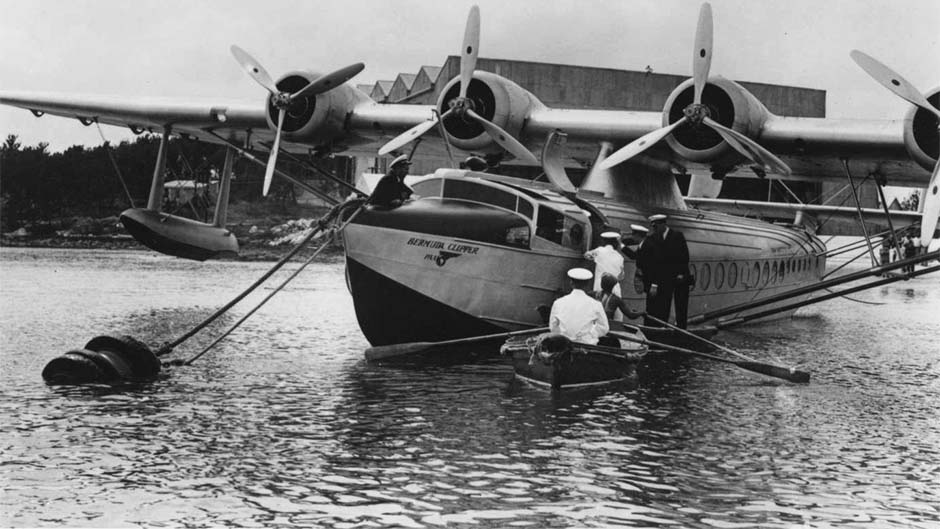University of Miami Special Collections is gearing up for a project to put over 100,000 items in the Pan Am archive online thanks to a digitization grant from the National Historical Publications and Records Commission (NHPRC).
In May the NHPRC announced the grant, one of five awarded nationwide, for Special Collections to digitize the items in the Pan American World Airways, Inc. Records collection. The archival collection—one of the University of Miami’s most popular and extensive—houses historical Pan Am brochures, newsletters, periodicals, annual reports, timetables, and many other records documenting the iconic company’s 60-plus years of operation.
“This is an opportunity to provide unprecedented access to Pan Am’s history, operations, and business culture,” says Sarah Shreeves, UM Libraries associate dean for Digital Strategies. “We thank the NHPRC for helping us make this extensive series available for researchers at any time of day and from anywhere in the world.”
The 1.5-year project, which begins in October, will include the digitization of 60 boxes of printed materials and publications (known as the “printed materials series”) spanning from 1930 to 1991, which is almost the entire lifetime of the company, and covering all of the geographic areas serviced by the airline.
The digitization efforts build on a previous NHPRC-funded project completed in 2014 to organize the collection in its entirety—all 1,500 boxes of administrative, legal, financial, technical, and promotional materials as well as internal publications, photographs, audiovisual material, and graphic material. Online tools for researching the collection are available on the mini-website Cleared to Land.
“The project will continue our efforts to maximize the impact of the collection as a research resource,” says Beatrice Skokan, manuscripts librarian at Special Collections, who worked with head of Digital Production and principal investigator Laura Capell to secure the grant.
Once the printed series is digitized, the archive will be fully text searchable and available to the public free of charge.

